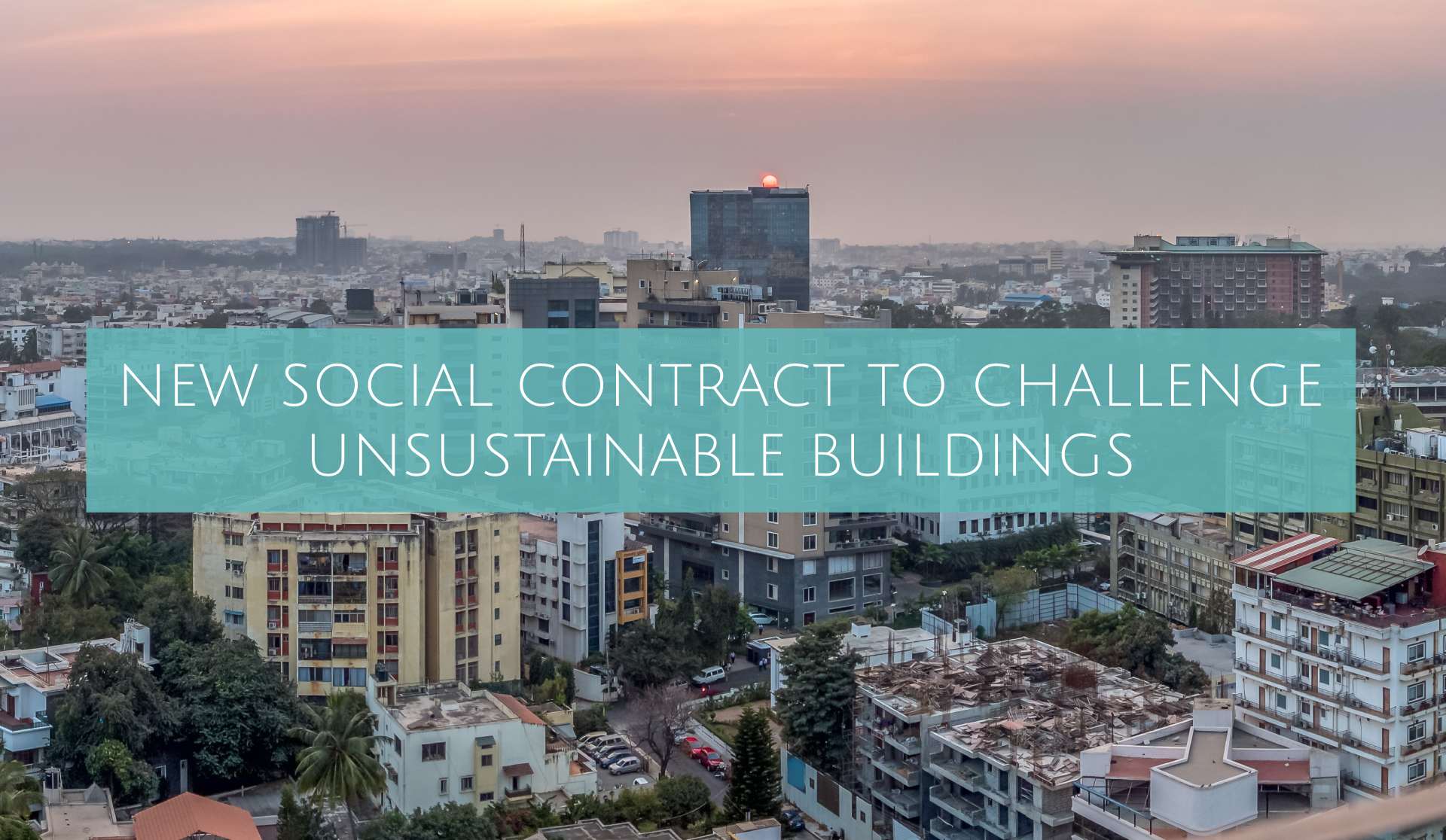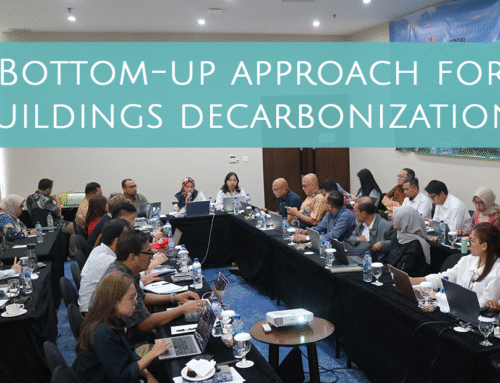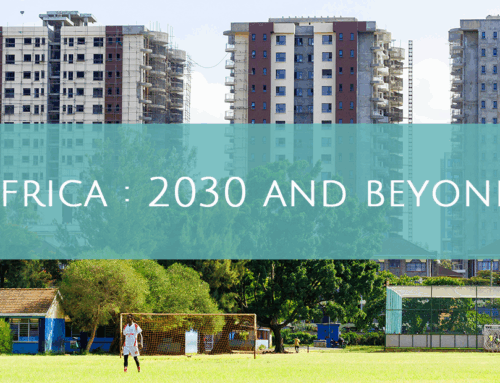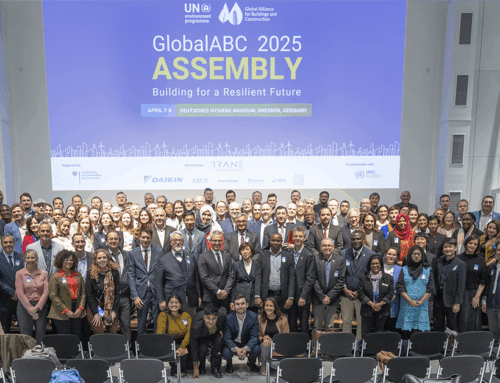By: Dr Peter Graham
Given the impact of the building sector on climate, environment and economies, can there really be any energy justice without sustainable buildings?
Building sustainably is no longer an option, it is a necessity. Around 60 percent of the buildings projected to exist by 2050 have yet to be built, and 20 percent of the current building stock needs to be renovated to zero-carbon-ready standards by 2030.1 We cannot continue to build the way we do now, if we are to meet the Paris climate goals.
Two key challenges should influence the push for sustainable buildings by 2030. The first is the need for a new social contract that redefines the way we approach the argument for better building regulations and performance standards. Second, we must change how we view research and education, seeing them as crucial to achieving climate change transformation.
As per Article 25 of the International Charter of Human Rights, everyone has the right to adequate housing, which must provide thermal comfort, refuge, and health benefits through sustainable design and technology.2 However, access to adequate housing is far from universal. Inadequate building policies worsen the climate crisis’s impact, demanding we reform urban policies to enforce sustainable building practices. The significant health and economic benefits of zero emissions policies in the building sector are compelling non-climate drivers for mandating sustainable building codes as part of a new social contract. The social contract must make it impossible to build unsustainably.
Education should shift from preparing students for traditional roles to equipping them with skills for rapid sustainable transformation. Alumni working in sustainable building are innovating and overcoming barriers, and their experiences must inform curricula.
Recent interest in the building sector might have slowed down emissions; but we need to move beyond incremental change. Action research and learning are essential to support the new social contract, empowering local stakeholders with data on the benefits of sustainable housing to drive policy reforms and investment. Sustainable buildings offer a win-win, but coordinated action is needed to promote a new social contract that mandates sustainable building practices.
The above is a summary of the video by Dr Peter Graham for the World Sustainable Built Environment Conference 2024.
Watch full video here
Share This Story, Choose Your Platform!
Stay in touch with how we’re transforming the buildings sector
GBPN runs innovative building policy reform programs in key regions around the world that aim to tackle the climate emergency by decarbonising the buildings sector. Stay up to date with our newsletter.
Stay in touch with how we’re transforming the buildings sector
GBPN runs innovative building policy reform programs in key regions around the world that aim to tackle the climate emergency by decarbonising the buildings sector. Stay up to date with our newsletter.








